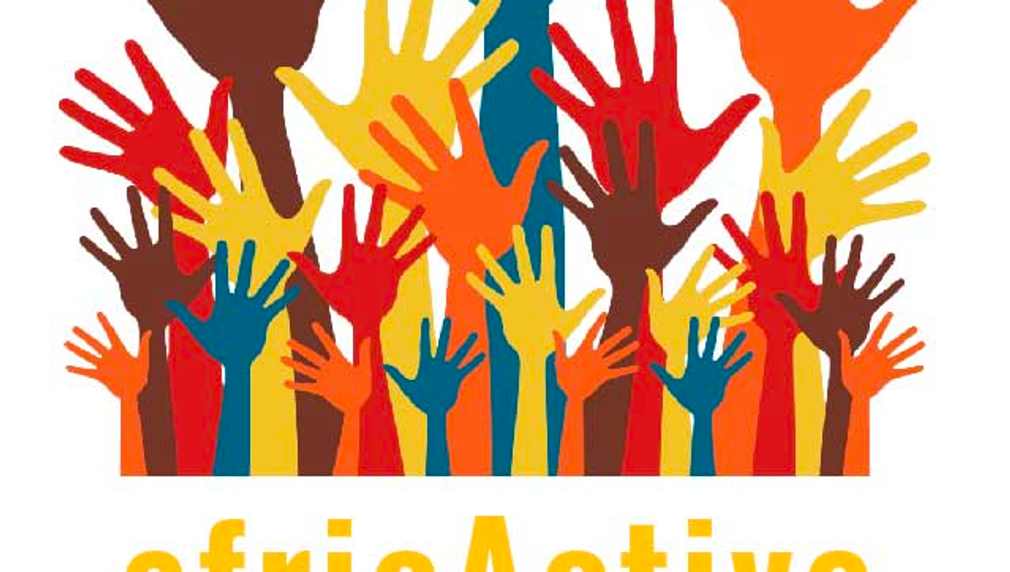Supporting Thriving Immigrant Communities
We provide and connect low-income, elderly, immigrant, and African Diaspora communities in Los Angeles County to critical assistive resources. We provide and connect low-income, elderly, immigrant, and African Diaspora communities in Los Angeles County to vital resources. We are putting food on the tables of those who are most vulnerable and in need, thanks to the generosity of the community. We served 10,458 families from 2022 to 2021.

What is the primary issue area that your application will impact?
Immigrant and Refugee Support
In which areas of Los Angeles will you be directly working?
Central LA
South LA
In what stage of innovation is this project, program, or initiative?
Expand existing project, program, or initiative
What is your understanding of the issue that you are seeking to address?
1 in every 5 of our neighbors in Los Angeles County faces food and economic insecurity (LARFB). Here are some examples of who we serve: Nigerian William Obi: He recently relocated to Los Angeles and works as a security guard for only $15 per hour. His wife lost her job, and they have three young children to support. Food and other necessities provided by africActive help them feed their children. Venezuelan Maria Gonzalez: She is a single mother of two children who works hard at her minimum-wage job but struggles make it each month due to rising costs and growing children. We provide her with resources. 1 in every 4 low-income immigrant adults in California has avoided receiving public assistance, such as food, health care, or housing, for fear of jeopardizing their own or a family member's immigration status. More than half of those who avoided public programs were food insecure, compared to slightly more than a third of those who did not avoid public programs. https://bit.ly/3xA0in3
Describe the project, program, or initiative this grant will support to address the issue.
Food Distribution by Drive-Thru We set up a distribution site at Rancho Cienega Park every Saturday and provide enough fresh produce, dairy, grain, meat, or canned goods to feed over 140+ families for an entire week. We also bag groceries for delivery to approximately 5 housing complexes or low-income areas 3-4 times per week during our Saturday event. We deliver necessities to families and unhoused neighbors on Saturdays and weekdays. Diapers, toys, hand sanitizer and wipes, toothpaste, tooth brushes, blankets, paper towels, masks, and soap are among the items available. Finally, during our Saturday event, we serve as a hub for immigrants to find housing, language, financial, education, and career resources, among other things.
Describe how Los Angeles County will be different if your work is successful.
Our primary goal is to enable our community to gain access to resources that will allow them to thrive rather than just survive. The economic consequences of COVID 19 on low-income families were shocking, which is why AfricActive exists. We founded the organization in response to the lack of immediate assistance available to low-income families in acquiring food to feed their families as a result of business closures and job losses. Through the hardships caused by the COVID-19 Pandemic for so many families in our community, we aim to be an organization that practices a culture of giving, provides hope, and honors human dignity. Our impact is measured by how well each family is able to meet their ongoing needs as a result of the services we provide. We consider it a success when our community comes to us feeling less stressed and having more space to dream and work toward greater stability as a result of our resources.
What evidence do you have that this project, program, or initiative is or will be successful, and how will you define and measure success?
We are measuring the impact through sign-in sheets that we have weekly. This provides us with the raw data and numbers we need to know who we are serving. On an emotional and human level, we are getting to know our community better. As a result, they are able to share their personal stories and the challenges they face on a daily basis. We aspire to be the community safety net that immigrants long for in their home countries. While our primary focus is on Africans, we do not discriminate and serve a sizable Central and South American population as well. The ongoing deepening of our relationships is our current evidence that it is working, and the returnee rate is high. Our sign-in sheets show that our families are returning in our monthly reports. Every month, we serve 481 families. Some families come every week, others every other week, and still others once a month. Each is determined by their needs.
Approximately how many people will be impacted by this project, program, or initiative?
Direct Impact: 50,380
Indirect Impact: 100,200